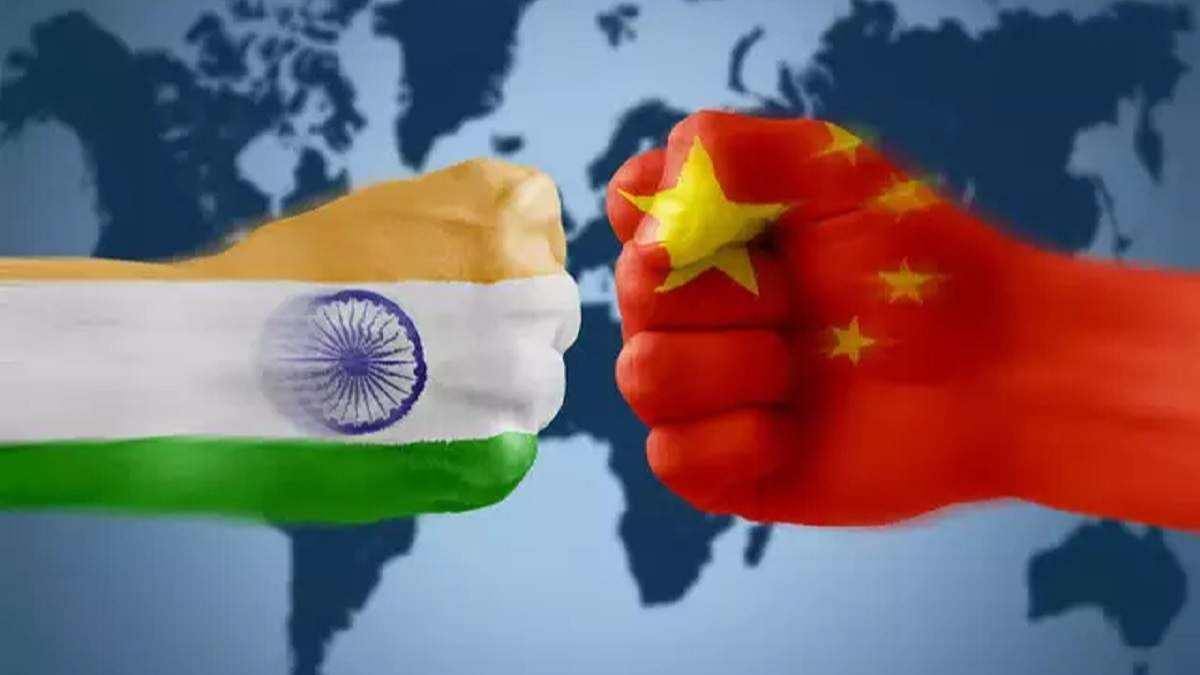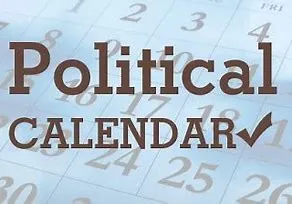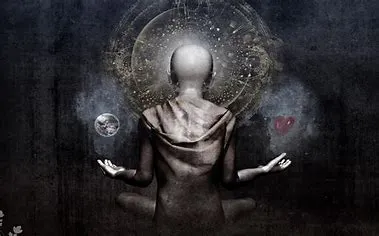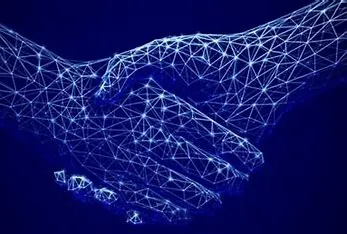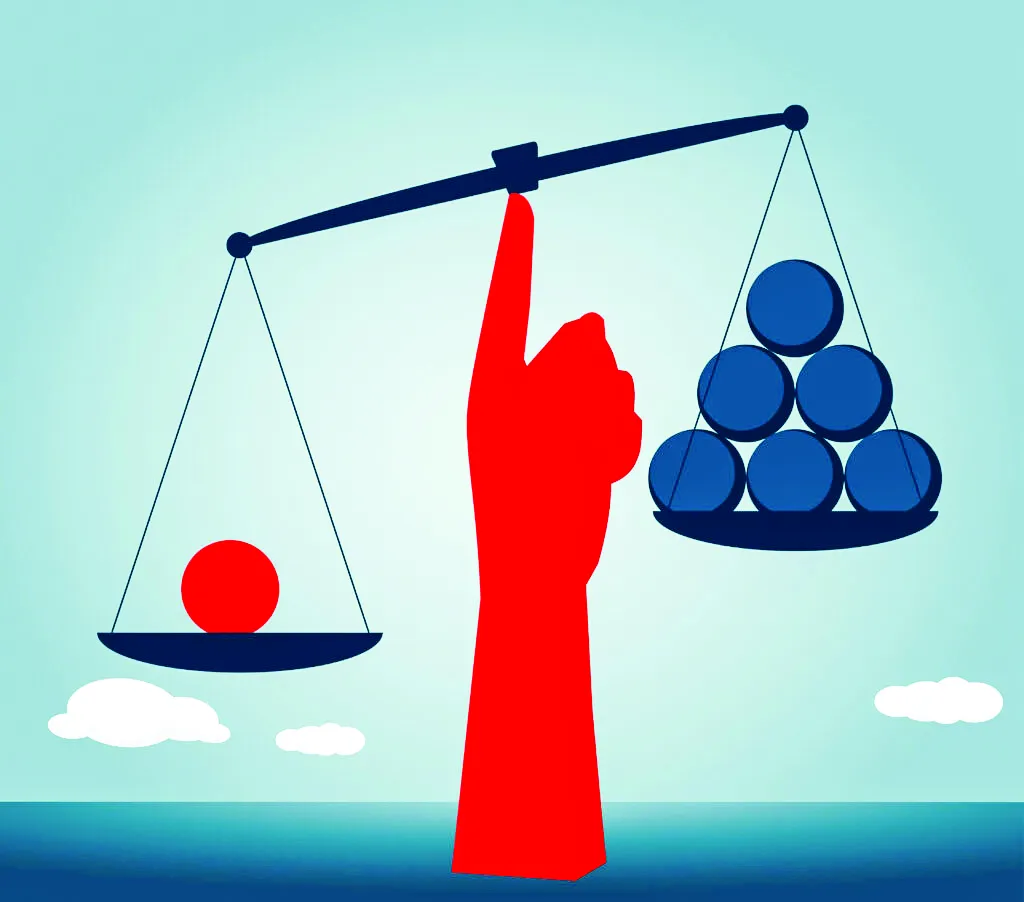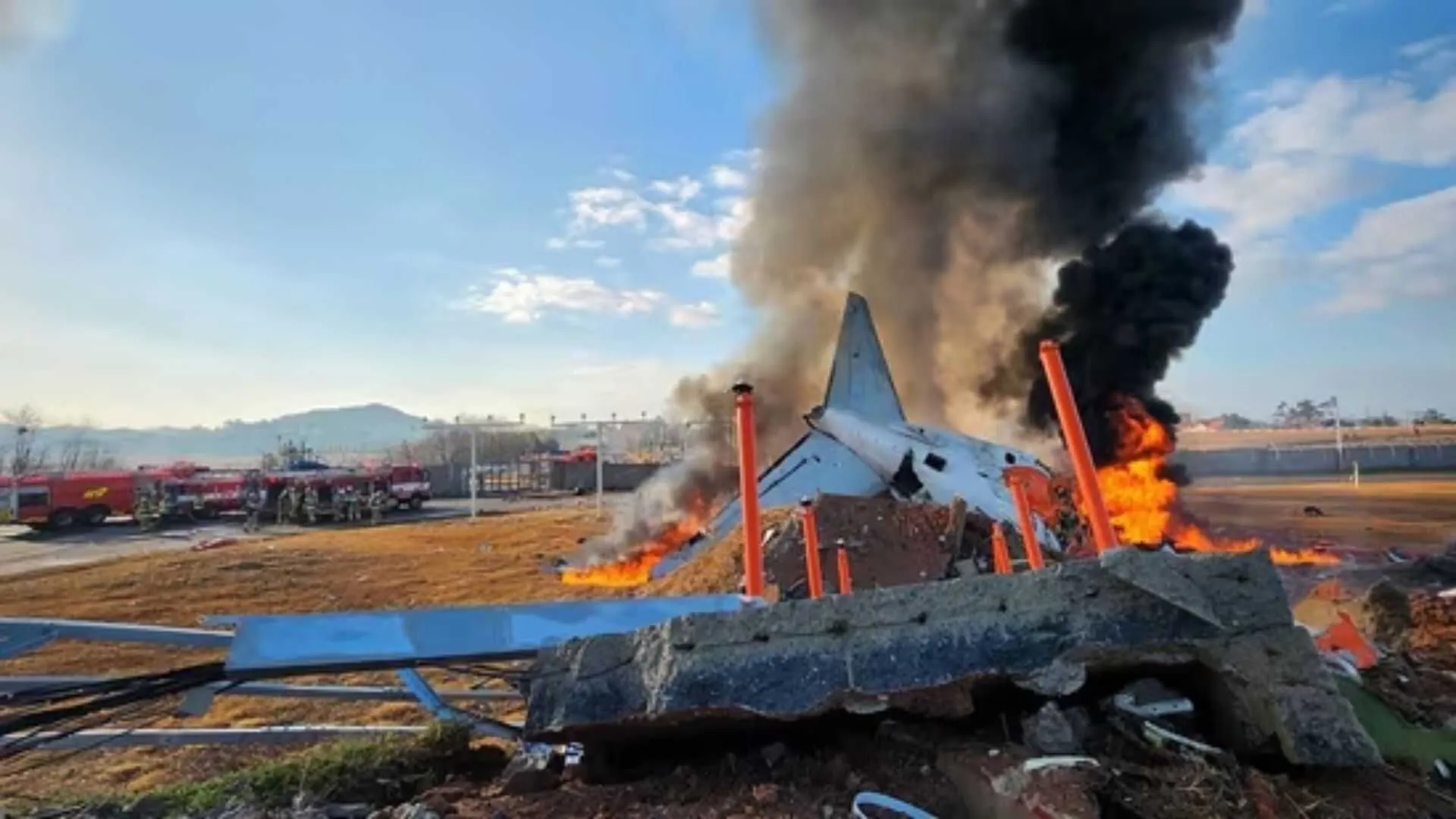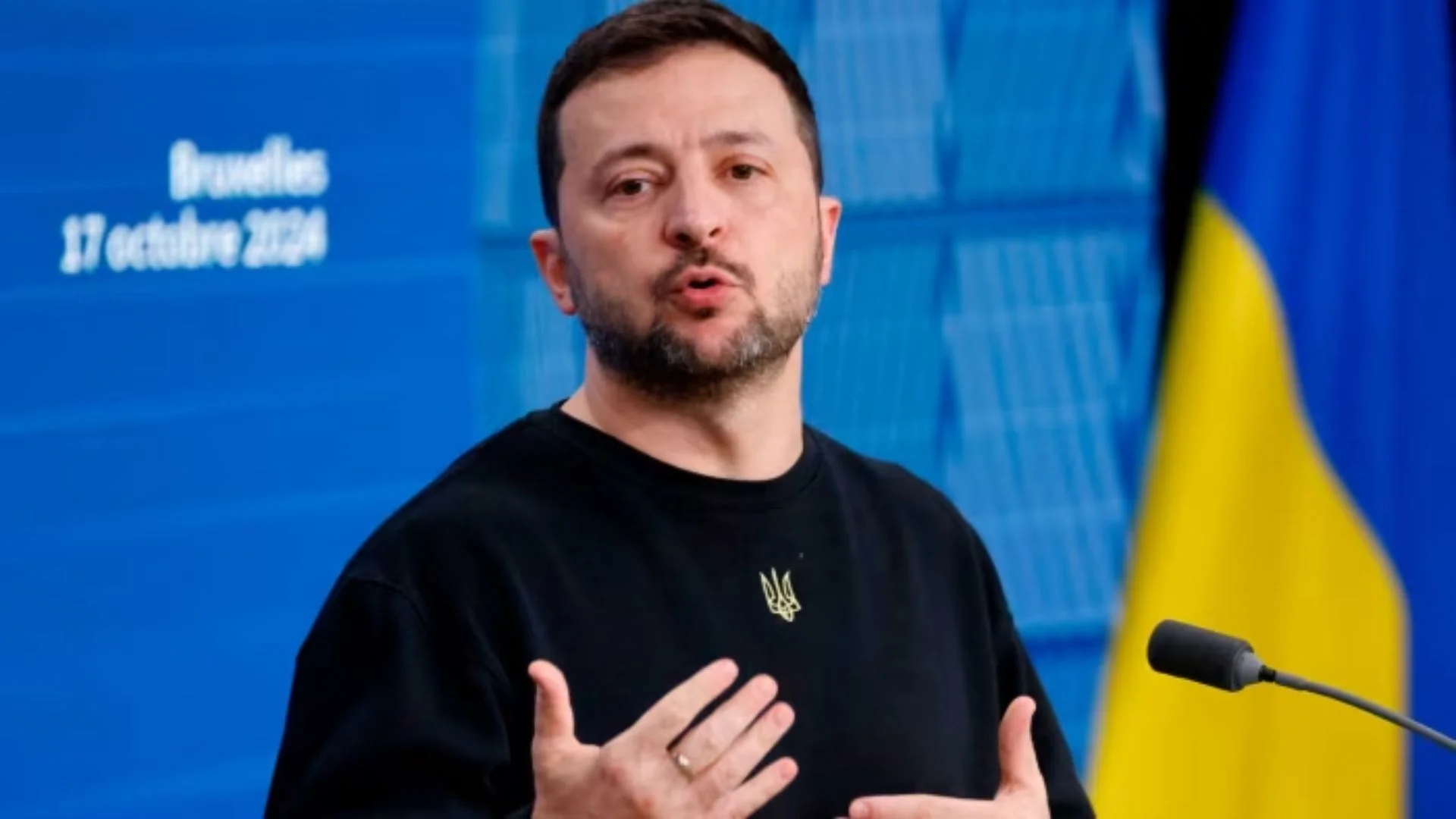The story goes that Sushma Swaraj, soon after she became External Affairs Minister in 2014, told her Chinese counterpart Wang Yi that the new NDA government would follow the “One China” policy provided China followed a One India policy. This is relevant at a time when China repeatedly keeps asserting that it does not recognise Ladakh—or Arunachal—as Indian territory. Where is the voice countering such arrant lies? Isn’t it time India articulated that it may have to rethink its policy of considering Taiwan as Chinese territory if China continues to violate the One India policy? Or that the death of democracy in Hong Kong is unacceptable? Or that the Tibet issue is not settled, whatever be the policy adopted by a short-sighted Jawaharlal Nehru, eager to appease the Chinese? The silence of the Indian foreign policy establishment on such matters can be deafening, so much so that even obliquely mentioning China on Hong Kong is headlined as a “diplomatic punch”.
Only the common citizen may be left scratching his/her head trying to find the “punch” in a statement where India does not even mention China and does not go beyond saying, “concerns” should be addressed “properly, seriously and objectively”—and this from the diplomats of the world’s most populous democracy while referring to the muzzling of Hong Kong’s democratic rights by an authoritarian power! Taiwan celebrated its National Day this week, but no one significant was seen congratulating Taiwan on this. So it was left to Indian social media users to raise a storm on Twitter in support of Taiwan, apart from a Delhi BJP leader putting up posters near the Chinese embassy in New Delhi.
Such has been the level of excitement over Taiwan on Indian social media that Taiwan President Tsai Ing Wen has been expressing her appreciation for the support her country is getting. It’s a different matter that the Chinese are furious with President Tsai for her outreach to Indians. But then a pro independence Taiwanese President is outspoken against China, even though her tiny island nation runs the risk of a Chinese invasion all year round. As for the surge in public opinion in Taiwan’s favour, it is hoped that some of this popular sentiment will rub off on the way India speaks about Taiwan, giving the narrative a sharper “political” edge. If this rattles China, so be it. We have not rattled China for seven decades. Where has that got us? Defending our territory in the icy terrain of Ladakh, apart from living under the constant threat of war? In this context, has India, as the chair of the executive body of the World Health Organisation, demanded accountability from China for spreading the coronavirus globally? Are we to believe that India has carried its habitual diffidence to this forum as well? It will be a pity if it wastes the opportunity to play a leadership role at the WHO.
And the next time China uses spurious history to claim Ladakh or Arunachal, can India not go back to primary sources to say that there was a time when Indian kings ruled over large swathes of Tibet and as recently as 1947, the Kashmir Maharajas were known as, among other things, “Tibet Deshadhipati”; but that in spite of that India considers Tibet to be an independent country? Moreover, the Tibetan issue is reportedly still pending at the United Nations after it was sought to be buried by Nehru. Isn’t it time to promise to reopen the matter, without worrying about China’s response?
The bottom line is, it’s time to steer a hard-nosed policy against China. A start has been made with the apps ban and with the refusal to back down in the face of Chinese aggression in Ladakh. This political will, once carried forward to other areas, can do wonders. India should not just be speaking, but also heard to be speaking against China, in a direct voice.

